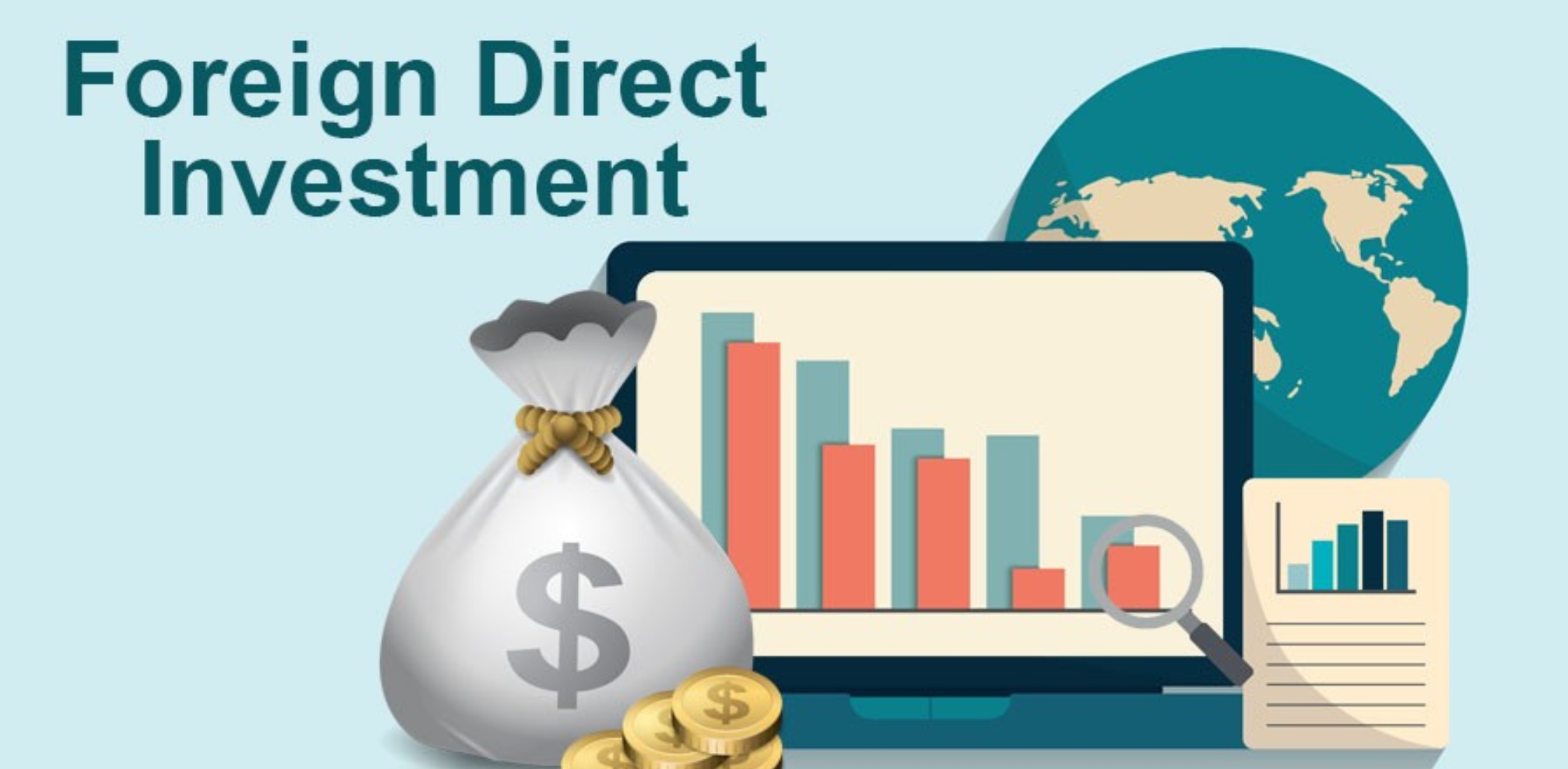


Fuelling Economic Growth: The Importance of Foreign Direct Investments
By Garfield Joseph, MBA
Introduction
Foreign Direct Investment (FDI) involves investments by companies or individuals from one country into business interests in another country. In 2022, global FDI flows reached $1.3 trillion, underscoring its critical role in the global economy. This type of investment is crucial for global economic integration, fostering stable and long-lasting links between economies. There are many benefits that host countries derive from FDI.
Economic Growth and Development
FDI plays a significant role in stimulating economic growth. By injecting capital into the host country, it helps boost GDP and economic stability. For instance, countries like China and India have seen substantial economic growth due to significant FDI inflows. The establishment of manufacturing plants by multinational corporations in China has significantly boosted local economies. Similarly, small developing countries, such as those in the Caribbean and Pacific regions, benefit immensely from FDI, which can be a major driver of their economic development. Thus, FDI is a cornerstone for economic advancement and stability in both large and small economies.
Job Creation and Employment
Another key benefit of FDI is job creation. Foreign investments often lead to the establishment of new businesses and the expansion of existing ones, creating numerous employment opportunities. In 2021, FDI created over 1 million jobs in developing countries. Successful FDI projects in sectors like manufacturing and services have significantly reduced unemployment rates in many developing countries. In small developing nations, where job opportunities are often limited, FDI can be transformative, providing essential employment and improving living standards. Ultimately, FDI is a powerful engine for job creation and economic upliftment.
Technology Transfer and Innovation
In addition to economic growth and job creation, FDI drives technology transfer, introducing advanced technologies and practices to the host country. This transfer not only enhances the productivity of local industries but also fosters innovation. For example, the automotive industry in Mexico has greatly benefited from FDI, leading to the adoption of innovative manufacturing technologies. Beyond technological advancements, FDI also plays a crucial role in enhancing the skills and capabilities of the local workforce.
Human Capital Development
FDI often includes training and development programs for local employees. This leads to an improvement in the skills and education of the workforce, enhancing overall human capital. Countries like Singapore have leveraged FDI to develop a highly skilled labour force. For small developing countries, FDI can be a critical source of skills development, helping to build a more capable and productive workforce. In essence, FDI significantly contributes to the enhancement of human capital and workforce skills.
Infrastructure Development
In addition to human capital, FDI significantly contributes to the development of critical infrastructure, including roads, ports, and telecommunications. These projects, funded by foreign investments, provide long-term benefits to the host country by improving connectivity and supporting economic activities. In small developing countries, infrastructure development through FDI can be particularly impactful, addressing gaps that local governments may not have the resources to fill. Thus, FDI plays a crucial role in building and improving essential infrastructure.
Market Access and Diversification
The sixth and final benefit of FDI is the opening of new markets for local businesses, enabling them to diversify their products and services. This market access is crucial for businesses looking to expand globally and reduce their dependence on the domestic market. For small developing countries, FDI can help local businesses reach international markets, enhancing their growth prospects and reducing economic vulnerability.
Summary
Foreign Direct Investment (FDI) is a pivotal force in driving global economic growth and development. By injecting capital, creating jobs, transferring technology, and enhancing human capital, FDI fosters economic stability and innovation. It also plays a crucial role in developing infrastructure and opening new markets, particularly benefiting small and developing economies. As countries integrate into the global economy, the strategic importance of FDI cannot be overstated. Embracing and facilitating FDI is key to unlocking sustainable economic growth and prosperity worldwide. However, careful management is essential to mitigate potential downsides, such as environmental impact and the crowding out of small and medium-sized enterprises, which may lead to protectionist policies in many developed countries.
Advertise with the mоѕt vіѕіtеd nеwѕ ѕіtе іn Antigua!
We offer fully customizable and flexible digital marketing packages.
Contact us at [email protected]
Related News

PM Advocates for Viable Opposition to Strengthen Governance in Antigua and Barbuda

OPINION: Pillars of An Economic Power House: A Comprehensive Approach, Budget 2025

InterCaribbean Trophy For World's Best Regional Airline Touches Down in Antigua and Barbuda











